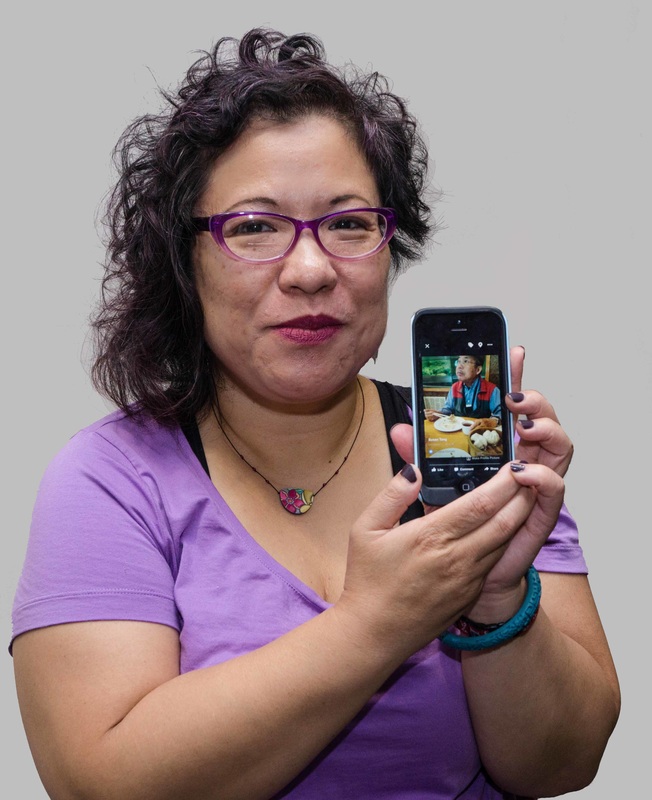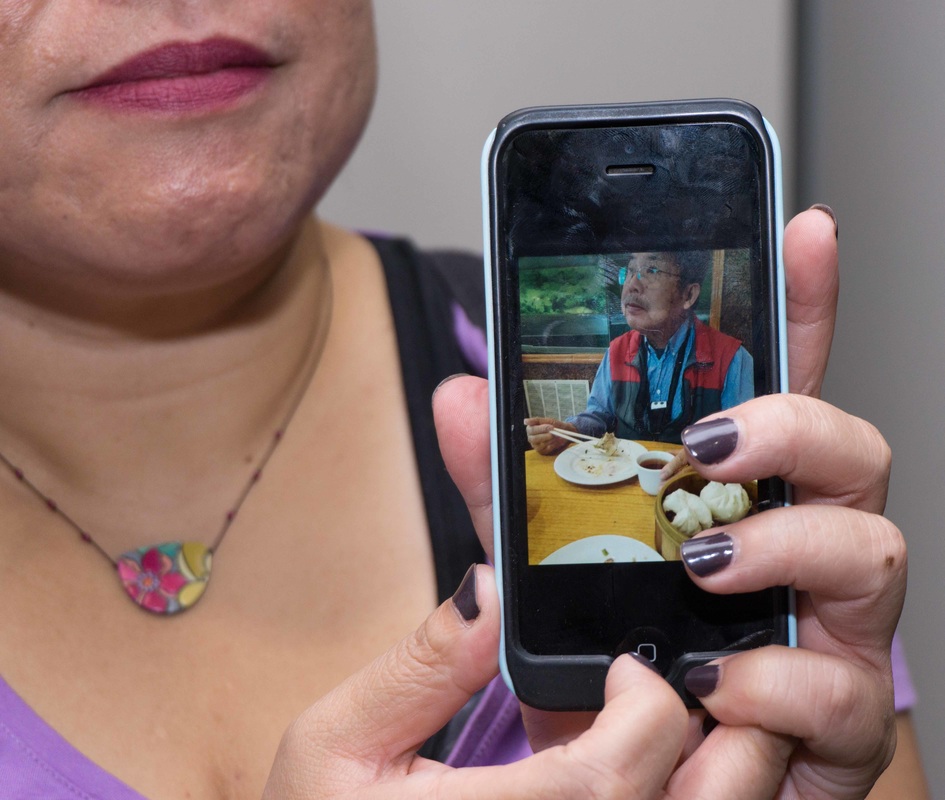“My father grew up on a farm in China and didn’t even have shoes until he was a teenager. The Communists said they would send him to a boarding school to get an education, but it turned out to be hard labor at the rail yard mills. He was starving; they all were. All he had to eat was sweet potatoes, which he won’t touch to this day. Other people ate bark, he said, which isn’t food, but they were trying to stay alive. When he was 25 years old, he caught a southbound train to try to escape the situation, but he and others were forced off before they had gotten far. He walked nonstop for fourteen hours, spent the night in a paupers’ cemetery, and started out again the next day. When he finally reached a relatively large village, he found a place to sleep among the hundreds of other travelers. He continued to walk, and he remembers that as he got closer to Hong Kong, he passed a stream filled with the bloated bodies of those who had died along the way. When he reached the border crossing, he and his fellow travelers were greeted by armed guards and attack dogs. The understanding was that if you were caught trying to enter Hong Kong, you could be sent back, but if you made it past the guards and into the city limits, you would be granted citizenship. That morning my father hid from the border patrol, sneaked into the city, and remained in hiding for several hours until he felt it was safe. In Hong Kong he started a new life.
“My father told me this story when I interviewed him for a paper I wrote for an Asian history course. It was a hard conversation because our family doesn’t do emotions. We don’t really hug or talk about things. He said his own father had left the family during World War II, and he thought that he’d been abandoned. But as an adult living in Hong Kong, he found out that his father had never made it out of the country; he had probably been killed by Japanese soldiers. My mom grew up in the city of Hong Kong during the war. She had to quit school when she was in third grade because she had to help raise her four younger brothers and sisters.
“I think about my dad and all he went through just to survive, and it’s hard to talk about without crying. How do you find your way without GPS? How do you go anywhere without a cell phone? How do you leave your home and not know where you’re going? I can’t even go to Nashville without GPS. But my father took that first big chance and then continued to take chances to make life better for the family. It was just what you did; you didn’t even think about it. You just went. You left everything behind, which is really hard; I can’t imagine it. Because of him and his experiences, I feel for the refugees who are fleeing their home countries now with no food to eat, no place to live, and no idea where they’re going. War changes everything; it doesn’t matter when it is.”
“My father told me this story when I interviewed him for a paper I wrote for an Asian history course. It was a hard conversation because our family doesn’t do emotions. We don’t really hug or talk about things. He said his own father had left the family during World War II, and he thought that he’d been abandoned. But as an adult living in Hong Kong, he found out that his father had never made it out of the country; he had probably been killed by Japanese soldiers. My mom grew up in the city of Hong Kong during the war. She had to quit school when she was in third grade because she had to help raise her four younger brothers and sisters.
“I think about my dad and all he went through just to survive, and it’s hard to talk about without crying. How do you find your way without GPS? How do you go anywhere without a cell phone? How do you leave your home and not know where you’re going? I can’t even go to Nashville without GPS. But my father took that first big chance and then continued to take chances to make life better for the family. It was just what you did; you didn’t even think about it. You just went. You left everything behind, which is really hard; I can’t imagine it. Because of him and his experiences, I feel for the refugees who are fleeing their home countries now with no food to eat, no place to live, and no idea where they’re going. War changes everything; it doesn’t matter when it is.”


 RSS Feed
RSS Feed